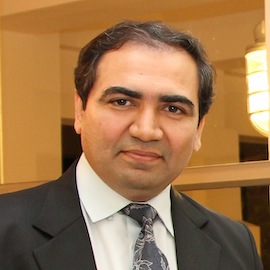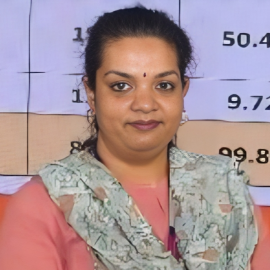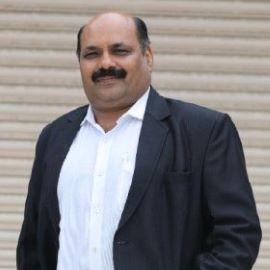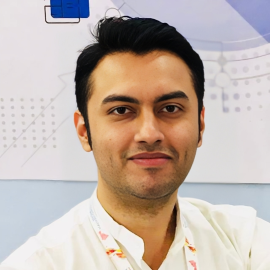
Prof. Bharat Dahiya is a Global Sustainability Leader, Professional Keynote Speaker, Urbanist, Planner, Geographer, Futurist, Educator, Team Leader, and Mentor. He is Director of Research Center for Sustainable Development and Innovation at the School of Global Studies, Thammasat University, Bangkok, Thailand. He is an Extraordinary Professor at the School of Public Leadership, Stellenbosch University, Stellenbosch, Western Cape, South Africa, and a Distinguished Professor at Urban Youth Academy, Seoul, Republic of Korea. He is also a Founding Board Member of the World Smart Cities Economic Development Commission––under the World Business Angels Investment Forum, based in Miami, USA.
Prof. Dahiya holds a PhD in Urban Governance, Planning and Environment from the University of Cambridge, United Kingdom. He read for his M.A. in Geography from Jawaharlal Nehru University, and Master of Planning from School of Planning and Architecture, both based in New Delhi, India.
An award-winning urbanist, Prof. Dahiya combines research, policy analysis and development practice aimed at examining and tackling socio-economic, cultural, environmental and governance issues in the global context of sustainable development defined the 2030 Agenda for Sustainable Development, Sustainable Development Goals (SDGs), the Paris Agreement, and the New Urban Agenda.
Since early-1990s, his research and professional work has focused on sustainable cities and urbanization, strategic urban planning and development, urban environment and infrastructure, urban resilience, and cultural heritage and landscapes. Working with the World Bank, UN-HABITAT, the Asian Development Bank, United Nations University Institute for the Advanced Study of Sustainability (UNU-IAS), and UNDP, he initiated, led, and contributed to international projects on sustainable urban development. His professional work has spanned over 30 countries around the world.
At the World Bank headquarters, Prof. Dahiya conducted the first-ever systematic review of the Bank’s investments for improving urban liveability, published as a co-authored book, Urban Environment and Infrastructure: Toward Livable Cities (2004). At UN-HABITAT, he led, conceptualized, and coordinated the preparation of United Nations’ inaugural report on The State of Asian Cities 2010/11 (2010). More recently, he co-authored Partnering for Sustainable Development: Guidelines for Multi–stakeholder Partnerships to Implement the 2030 Agenda in Asia and the Pacific (UNU-IAS, and UN-ESCAP, 2018), and co-edited New Urban Agenda for Asia-Pacific: Governance for Sustainable and Inclusive Cities (Springer, 2020).
Prof. Dahiya advises several professional, academic, private sector, and non-profit organisations around the world. Since 2019, he has been a Member of the International Advisory Board for the UN-HABITAT’s World Cities Report (Nairobi, Kenya). He is also a Member of the Advisory Group for Future Earth Urban Knowledge–Action Network (Montreal, Canada).
Since early-2014, Prof. Dahiya has been the Series Editor for the SCOPUS-indexed Springer book series, Advances in 21st Century Human Settlements, which has a growing collection of monographs and edited volumes. He serves on the editorial boards of the Geographies of the Anthropocene book series, and several journals: Environment and Urbanization ASIA, Journal of Urban Culture Research, ICON: Journal of Archaeology and Culture, National Geographical Journal of India, Chinese Journal of Population, Resources and Environment, and Jindal Journal of Public Policy. He has held academic positions in Australia, Indonesia, South Africa, and Thailand. Reuters, Inter Press Service, SciDev.Net, Nishi-Nippon, The Korean Economic Daily, China Daily, The Hindu, Deccan Herald, Bangkok Post, The Nation, UB Post, The Sunday Times, and Urban Gateway have quoted Prof. Dahiya’s work.
For his professional contributions to sustainable urban development in Mongolia, the Government of Mongolia awarded Prof. Dahiya with a Certificate of Honour, and the Municipal Government of Ulaanbaatar decorated him with a Medal of Honour.



